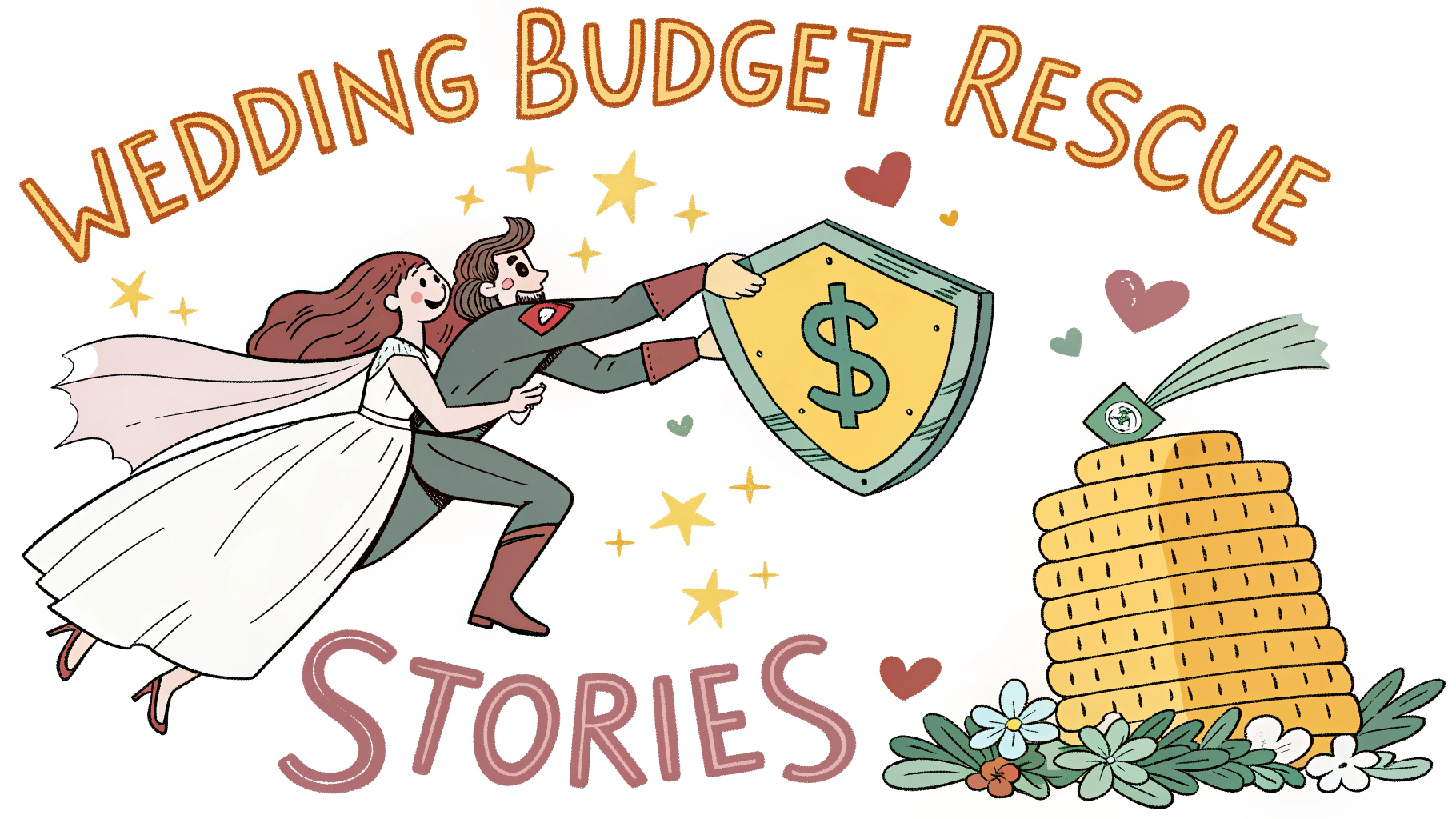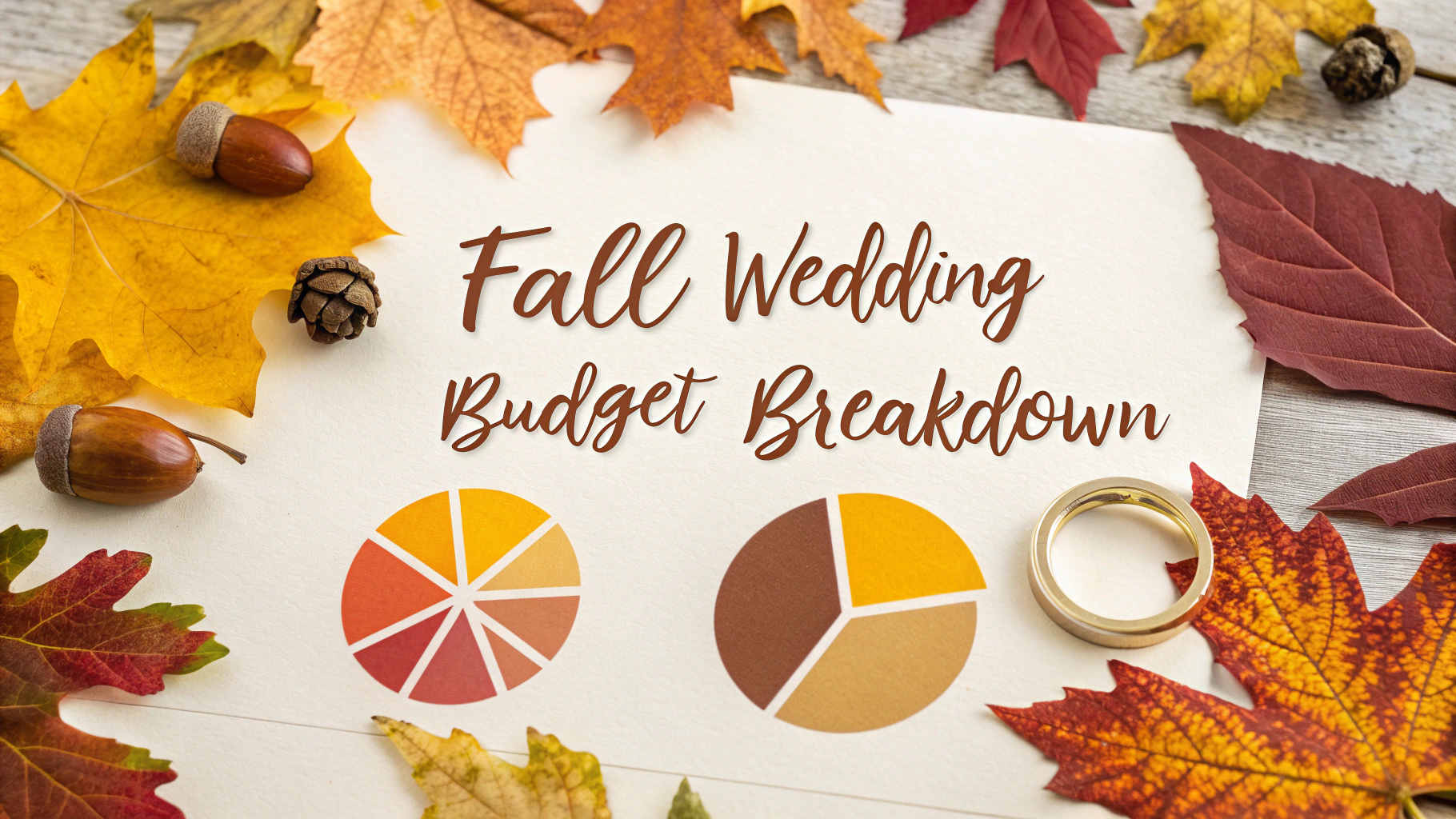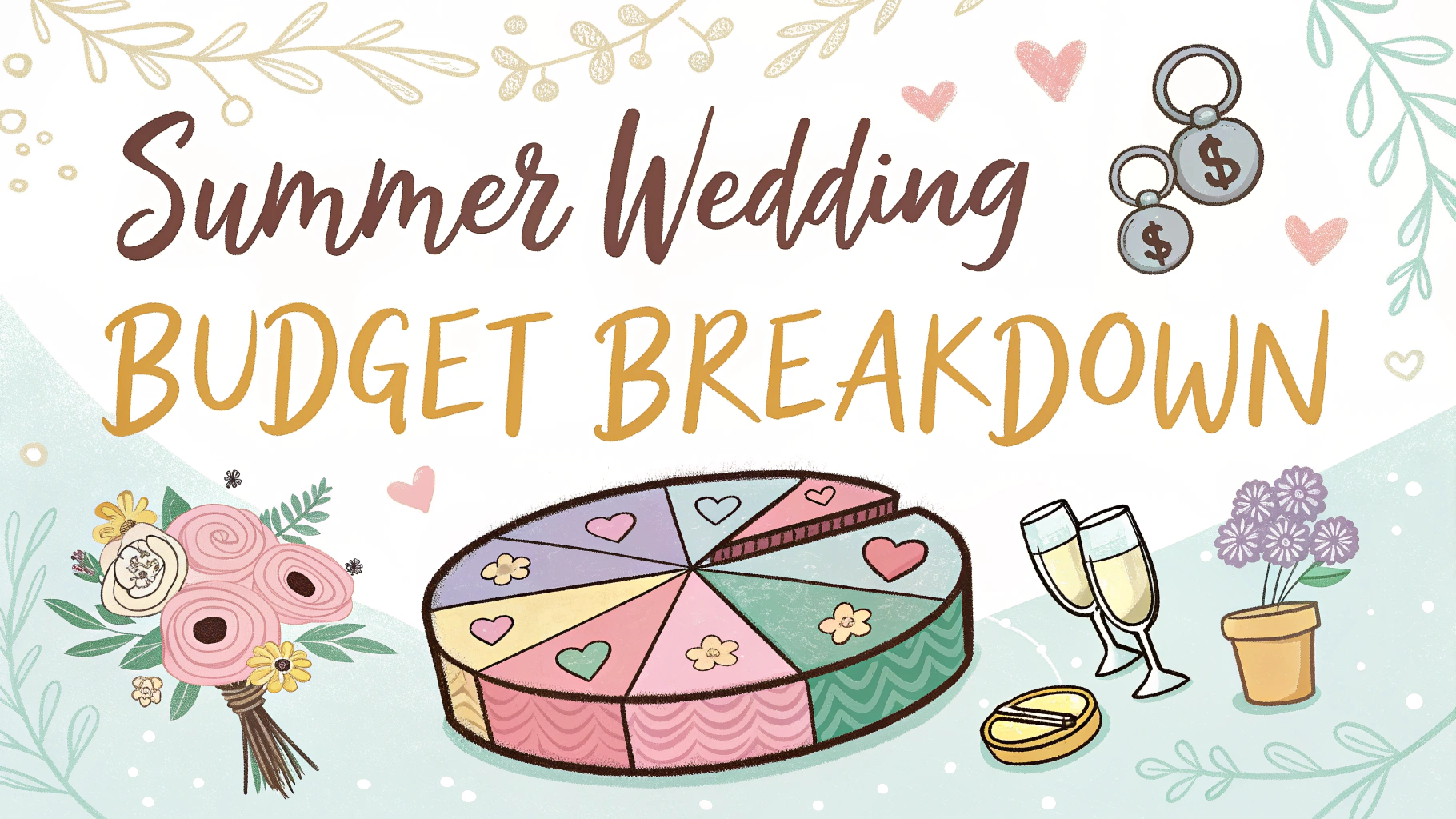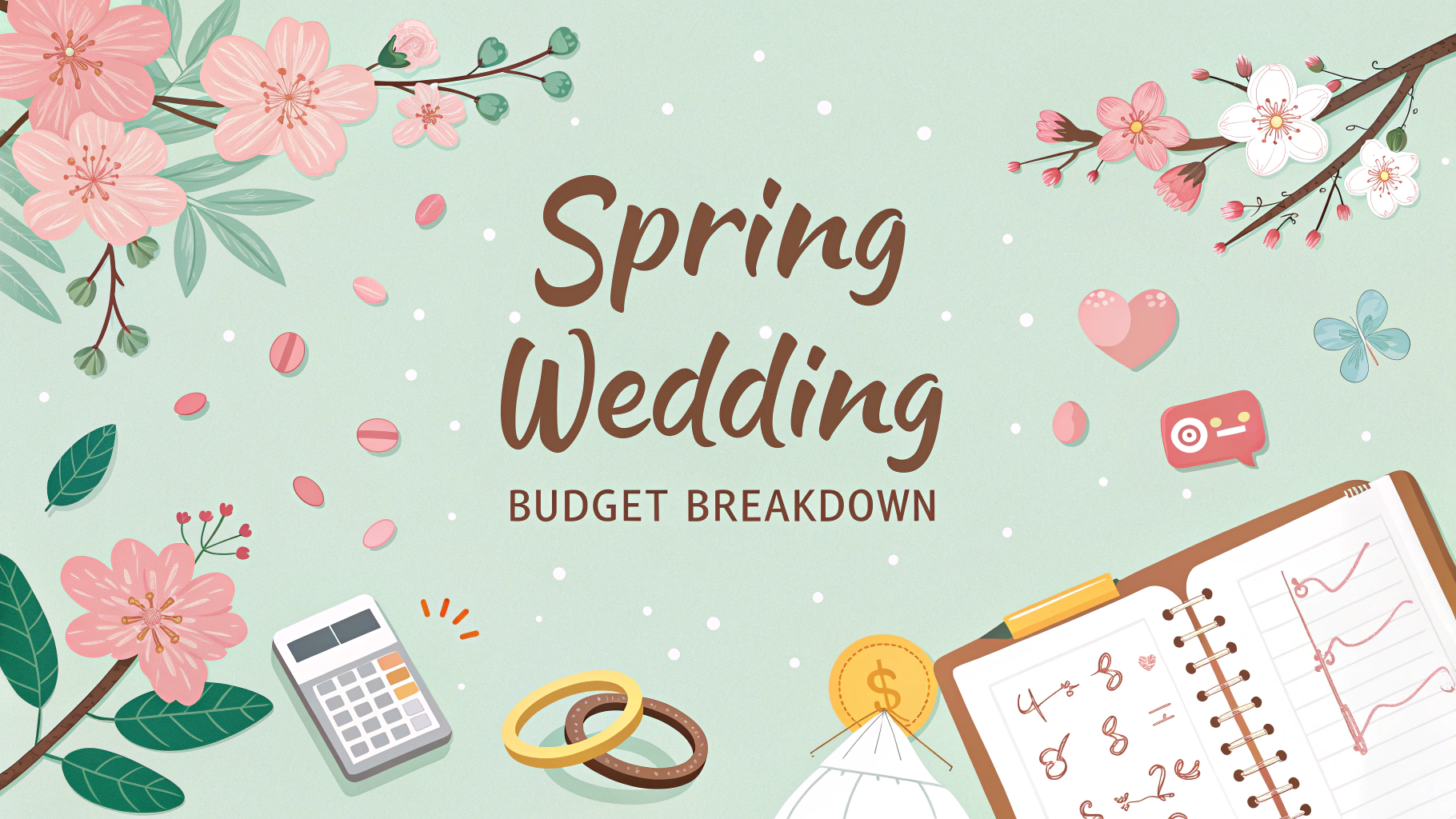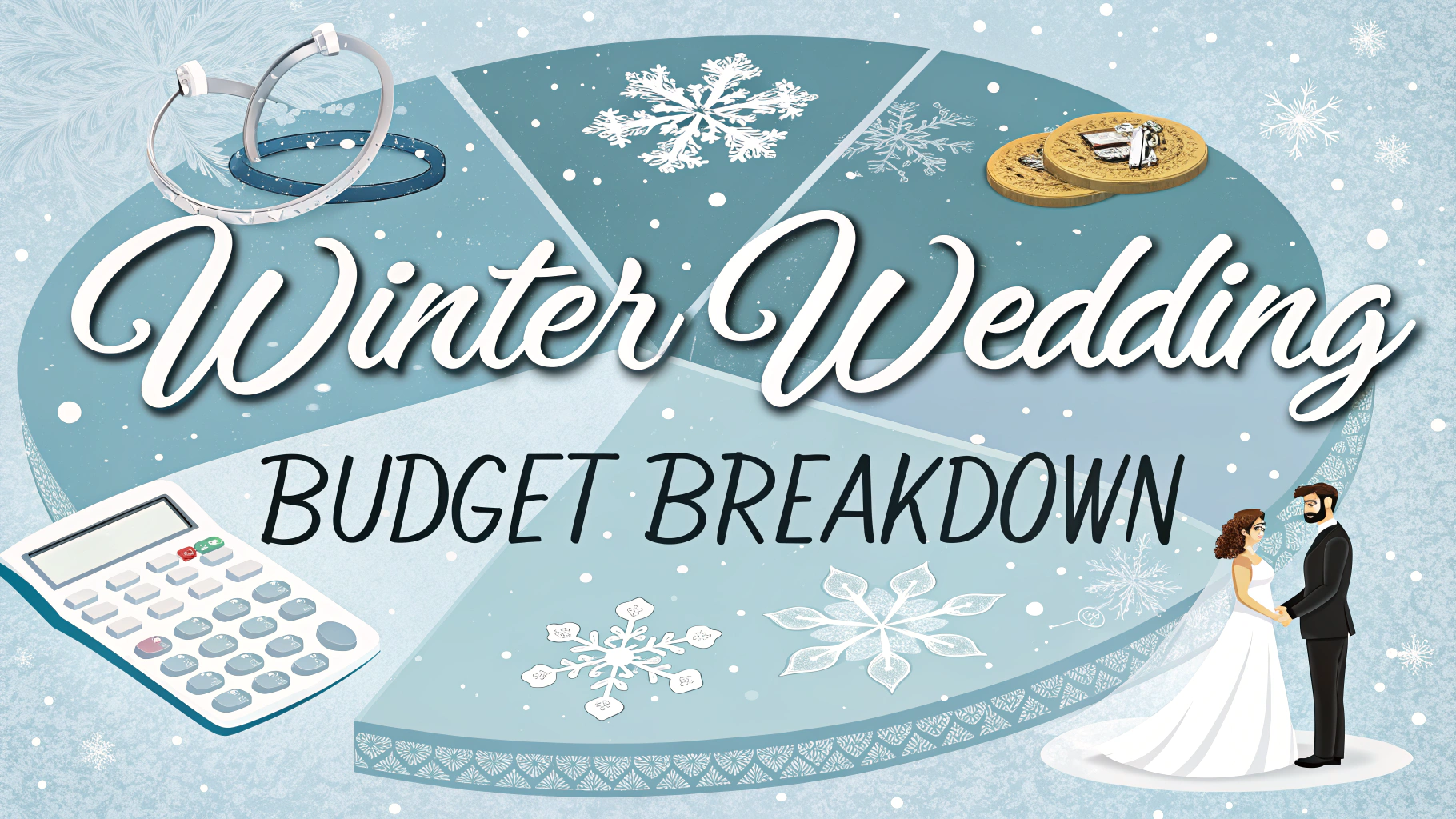Wedding loans can help finance your dream wedding when savings fall short, but they come with significant financial implications that need careful consideration.
What Are Wedding Loans?
A wedding loan is a personal loan specifically used to cover wedding-related expenses, typically ranging from $1,000 to $50,000.
Common Uses for Wedding Loans:
- Venue deposits and rental fees
- Catering services
- Wedding attire
- Photography and videography
- Wedding rings
- Honeymoon expenses
Pros of Wedding Loans
- Quick access to funds when needed
- Fixed monthly payments for easier budgeting
- Lower interest rates than credit cards (for borrowers with good credit)
- Flexibility in how you use the money
Cons of Wedding Loans
- Starting married life with debt
- Interest charges increase the total wedding cost
- Monthly payments can strain new household budgets
- Potential impact on other financial goals
Alternative Options to Consider
Before taking out a wedding loan, explore these alternatives:
- Extended planning period: Save money over a longer engagement
- Scale down: Reduce guest list or choose less expensive options
- Family assistance: Discuss contribution possibilities with relatives
- Wedding registry: Consider cash funds instead of traditional gifts
Smart Wedding Loan Tips
- Compare rates from multiple lenders (Bankrate offers comparison tools)
- Check your credit score before applying
- Calculate total costs including interest
- Never borrow more than you can comfortably repay
Red Flags to Watch For
- Interest rates above 15%
- Prepayment penalties
- Hidden fees or charges
- Pressure to borrow more than requested
Consider speaking with a financial advisor before making a final decision about wedding loans – they can provide personalized advice based on your specific situation.
| Typical Wedding Loan Terms | Range |
|---|---|
| Loan Amount | $1,000 – $50,000 |
| Interest Rate (APR) | 6% – 36% |
| Loan Term | 2-7 years |
For help finding reputable lenders, contact the Consumer Financial Protection Bureau or visit their website for resources and guidance.
Impact on Credit Score
- Initial credit check may temporarily lower score
- Regular, on-time payments can improve credit
- Missed payments significantly damage credit history
- High loan utilization may affect future borrowing ability
Budgeting for Wedding Loan Payments
Create a comprehensive post-wedding budget that includes:
- Monthly loan payments
- Regular living expenses
- Emergency savings
- Other financial goals
Application Requirements
- Good to excellent credit score (typically 670+)
- Stable income history
- Low debt-to-income ratio
- Valid identification and documentation
Conclusion
While wedding loans can provide immediate funding for your special day, they require careful consideration of long-term financial implications. The best approach is to:
- Exhaust all other funding options first
- Borrow only what’s absolutely necessary
- Ensure loan terms align with your financial goals
- Create a solid repayment plan before signing
Remember that a wedding is just one day, while financial decisions made now can impact your marriage for years to come. Make choices that balance your dream celebration with long-term financial stability.
FAQs
1. What is a wedding loan and how does it work?
A wedding loan is a personal loan specifically used to finance wedding expenses. It’s an unsecured loan that typically comes with fixed interest rates and monthly payments over a set term, usually 2-7 years.
2. What credit score do I need to qualify for a wedding loan?
Most lenders require a minimum credit score of 650-680 for wedding loans, though some may accept scores as low as 580. However, higher credit scores (700+) typically secure better interest rates.
3. What’s the typical interest rate range for wedding loans?
Wedding loan interest rates typically range from 6% to 36% APR, depending on your credit score, income, and the lender. Those with excellent credit can qualify for rates on the lower end.
4. How much can I borrow with a wedding loan?
Most wedding loans range from $1,000 to $50,000, though some lenders offer up to $100,000. The amount you can borrow depends on your income, credit score, and debt-to-income ratio.
5. Are there alternatives to wedding loans?
Yes, alternatives include saving cash, using 0% APR credit cards, borrowing from family, setting up a wedding registry fund, or postponing the wedding to save more money.
6. What wedding expenses can I cover with a wedding loan?
Wedding loans can cover any wedding-related expense, including venue rental, catering, photography, attire, rings, honeymoon costs, decorations, and entertainment.
7. How long does it take to get approved for a wedding loan?
Online lenders typically provide approval decisions within 24 hours, with funds disbursed in 1-5 business days. Traditional banks may take longer, usually 5-7 business days.
8. Will taking out a wedding loan affect my credit score?
Yes. Initially, your score may drop slightly due to the hard credit inquiry and new debt. However, making regular, on-time payments can positively impact your credit score over time.
9. Are there any fees associated with wedding loans?
Common fees include origination fees (1-8% of the loan amount), late payment fees, prepayment penalties, and returned payment fees. Some lenders offer no-fee loans.
10. Is it wise to take out a loan for a wedding?
Financial experts generally advise against taking loans for wedding expenses, as starting married life in debt can create financial strain. It’s recommended to reduce wedding costs or save longer instead.

